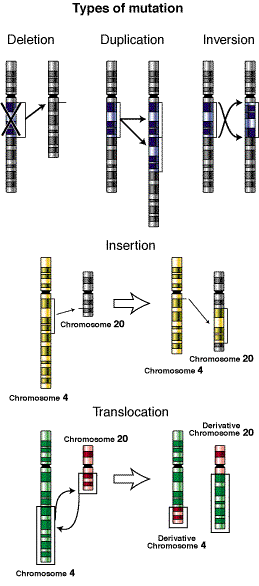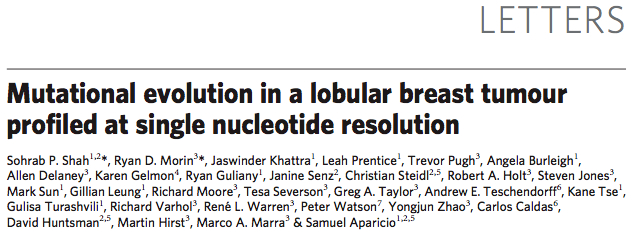On the front page of this morning’s USA Today, the headline reads “Report: Mammograms may not be needed until age 50.” The story covers the recent findings of the U.S. Preventive Services Task Force (USPSTF), published this month in Annals of Internal Medicine. In it, the “independent panel of experts” makes some rather startling recommendations. I’ll list three here with the preliminary note that I disagree with each of them. The USPSTF concluded that:
- Women under the age of 50 should not undergo routine screening (mammograms). Exceptions are women with a family history of breast cancer or known risk-elevating mutations.
- Women aged 50-74 should undergo mammograms every two years, rather than every year.
- Clinicians should not teach women to perform breast self-exams.
I’m just shocked at these recommendations. I’d like to give them my own sarcastic headlines, starting with…
Saving A Few Lives: Inconvenient
To justify the first of them, that women under 50 shouldn’t get mammograms, they conclude “For biennial screening mammography in women aged 40 to 49 years, there is moderate certainty that the net benefit is small.” In other words, they’re somewhat certain that only a few lives will be saved. “The harms resulting from screening for breast cancer include psychological harms, unnecessary imaging tests and biopsies in women without cancer, and inconvenience due to false-positive screening results,” they wrote. It seems that a little anxiety and inconvenience outweigh the 1 out of every 1,904 women who will die each year because of this guideline (their numbers).
Give Cancer Another Year
The second recommendation, that women aged 50-74 should have mammograms every 2 years instead of every year, has a similarly ridiculous justification. “A decision analysis performed for the USPSTF projected that biennial screening produced 70% to 99% of the benefit of annual screening, with a significant reduction in the number of mammograms required and therefore a decreased risk for harms.” So, a computer model that the authors themselves didn’t even perform told them that screening every 2 years was at least 70% as effective as screening every year. I’m not an oncologist, but I do know one thing that’s universally agreed-upon by cancer clinicians: early detection is the best protection. This recommendation might save some women the “harms” of anxiety and inconvenience. It might prevent the “harm” of insurance companies paying for more mammograms. It will also give cancer one more year to appear and do its work, 1 more year to grow and metastasize to other parts of the body.
Why Should We Teach Anything?
The third recommendation that I list seems the most inane of all. Apparently, clinicians should not teach women to perform breast exams because “Adequate evidence suggests that teaching BSE does not reduce breast cancer mortality.” Great idea, guys, let’s tell the clinicians to go ahead and withold information that might save a woman’s life. Why? Because the woman who finds a lump during her self-exam is just going to die anyway. Never mind that encouraging women to self-exam, and teaching them how to do so correctly, is one of the most important exercises in breast cancer awareness, an intangible thing that probably encourages numerous women to take care of their bodies and live healthier lives.
If You Ever Want to Screw Something Up, Just Form A Task Force
As you might guess, I’m very upset by this report, by the fact that the press is picking it up, and the detrimental effect it will almost certainly have in our war against breast cancer. This is not science, it’s pseudoscience. The general recommendation of this so-called task force: let’s do less screening, because it might save some anxiety, money, and inconvenience. Seriously? Now might be a good time for a congressman to form another task force – one that would look for connections between the USPSTF and the insurance industry. Because now, you know what’s going to happen? Insurance companies are going to balk at paying for annual mammograms, refuse to cover tests for women under 50. And if a woman tell them she wants the test, because she has a family history of breast cancer, you know they’ll take that new, private information and use it to raise her rates or drop her coverage altogether.
Maybe I’m overreacting. But personally, for my friends and family, I would recommend mammograms annually for any woman over the age of 35. Because I’m happy to comfort said women in case they get anxious. I’m happy to talk to them, in the event that they’re stressed. I’m not too worried about the inconvenience of what might be unnecessary testing. Why? Because it just might save their life.
References
U.S. Preventive Services Task Force (2009). Screening for Breast Cancer: U.S. Preventive Services Task Force Recommendation Statement Annals of Internal medicine, 151 (10), 716-726

